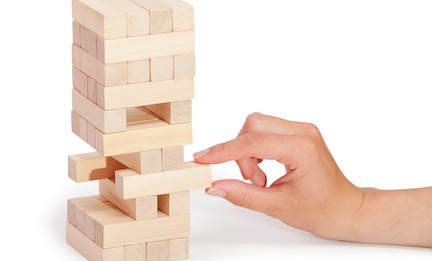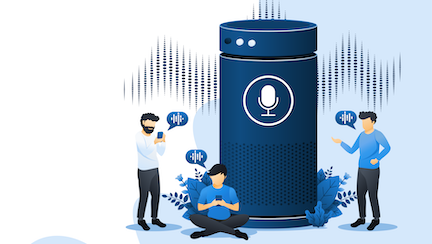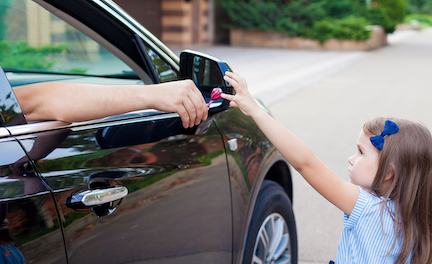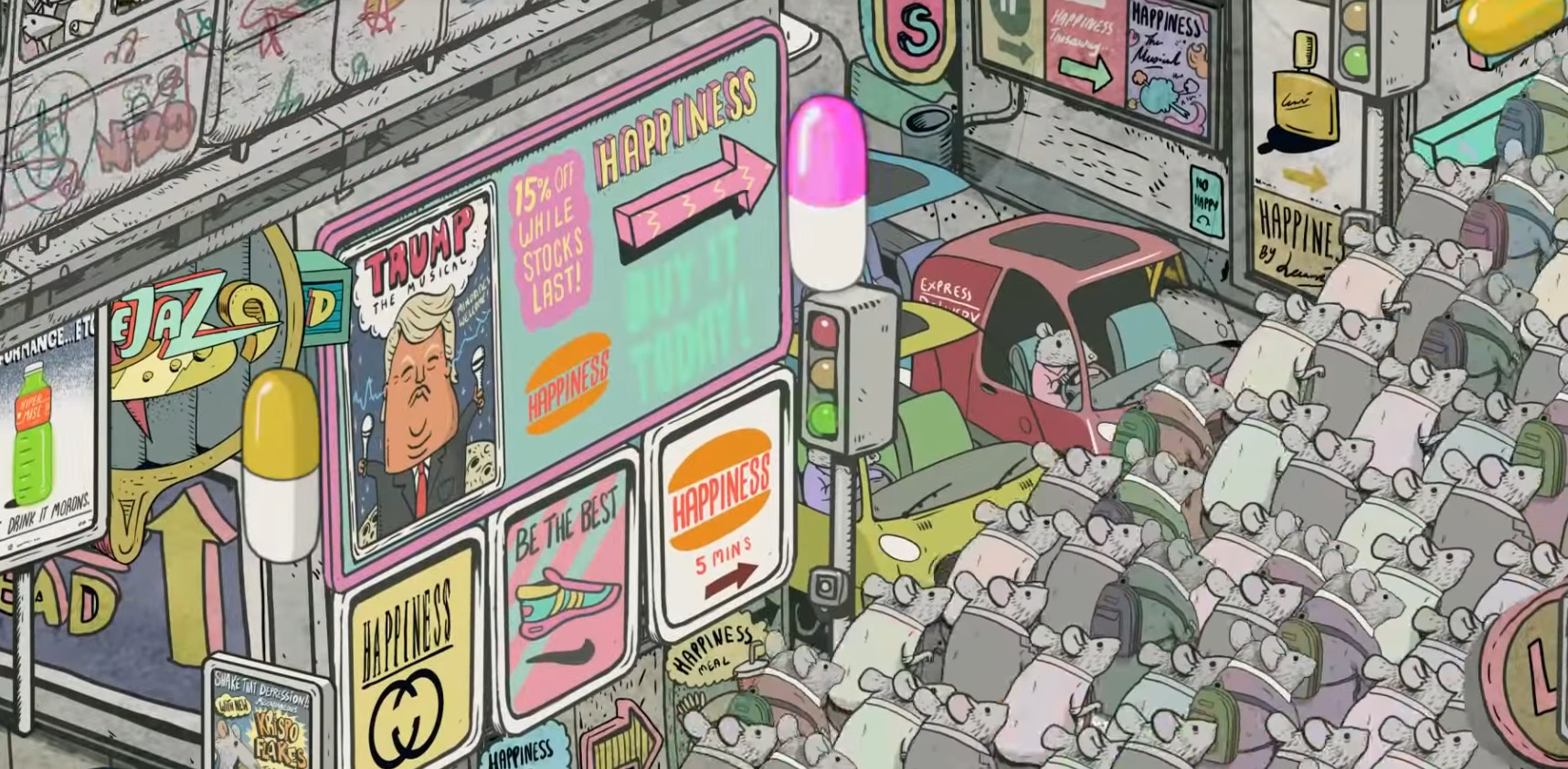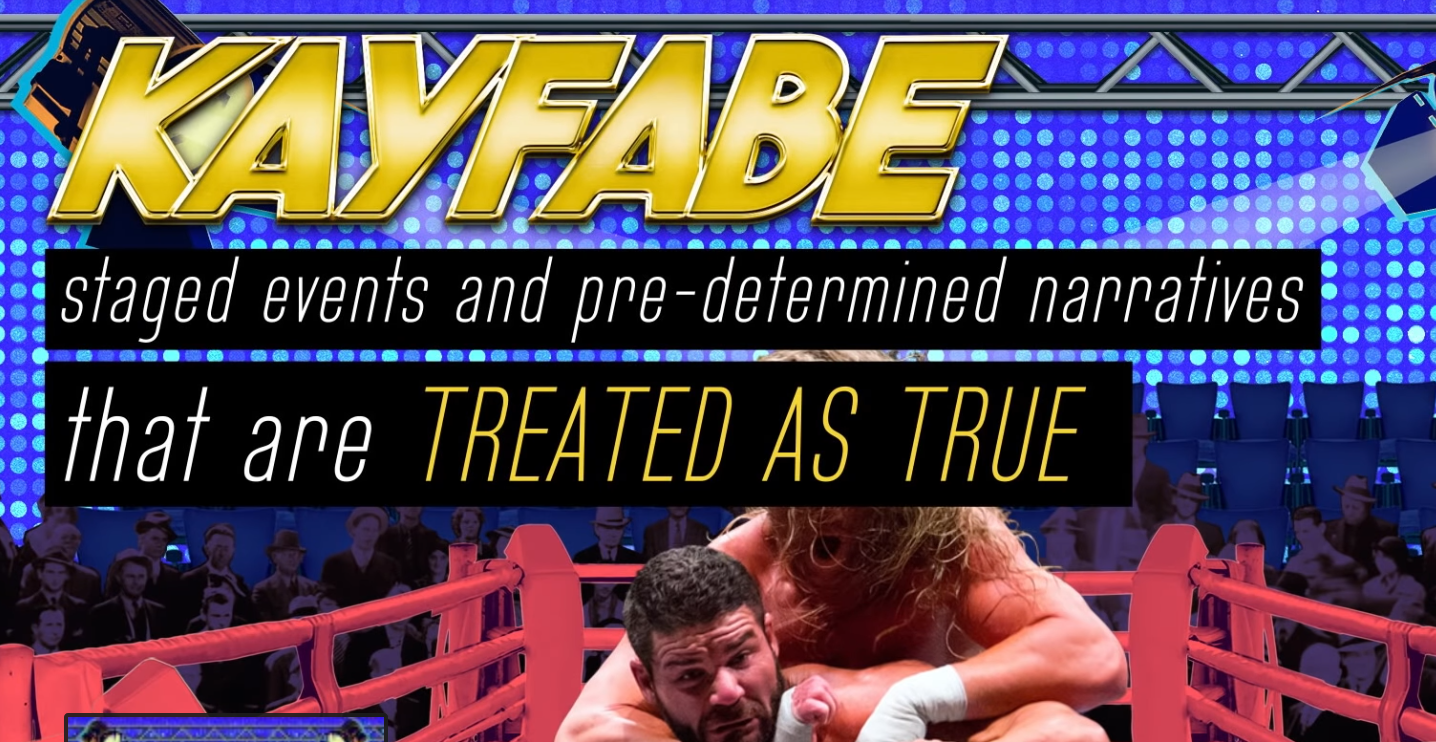
Emojis and memes. Our modern-day newspeak.
In George Orwell’s book 1984, Oceania is a dystopian totalitarian society. The actions of its citizens are tightly watched and controlled.
In this world, even thought is regulated. One of the ways the government does so is by implementing a controlled language that heavily restricts choices in grammar and vocabulary. The result was the official language of Oceania called newspeak.
For instance, if you wanted to say that you really liked something, you might say, “I really enjoyed X” or “Wow! X was amazing and phenomenal.”
In Oceania, you could only say it was “Good.” Or, if you really liked it, “Double Plus Good.” Between normal speech and newspeak, you can feel the regression to a more infantile, near-grunt-level of communication.
In the book 1984, newspeak was designed to eliminate independent traits and sense of self that could threaten the totalitarian regime and eventually lead citizens to revolt.
Newspeak’s function was to:
Eliminate personal identity.
With everyone is limited to using the same vocabulary via newspeak, it’s harder to carve out a different identity.
The way we use words is like a fingerprint. Our particular use and choices identify us. In the real world, there’s a reason kids and groups create and use their own slang terms and unique vocabulary (like bae, fleek, lit) to define themselves as a group and to signal they’re different and unique from others.
Eliminate self-expression.
If the words you use are more narrow or the same words, you can’t express yourself differently than others. If so, then you are robbed of the tools to be different. And when you are limited to small words like in newspeak, like cups that are too small, they’re unable to hold all the personal feelings, passion and emphasis that you want to fill them with (“Double plus good” vs. “Freakin’ Incredible!”). So those excess feelings that uniquely express you never get captured in a tangible form to reach the ear or eye of another person.
Restrain free will.
Words help people understand you, but they also help manage the thoughts in our brains. Like blood cells carry oxygen to feed the body, words hold meaning to enhance the dialogue for the voice inside our head.
The more limited the words in your head, the more restricted your own thinking becomes. The result: locking yourself in a cage of thought to only be able to think in the official or regulated way.
What does newspeak have to do with Emojis and memes?
While both were not created by totalitarian orders to squash expression or control society, both are narrowing the range of human expression. I love memes. Emojis? Meh (personal opinion).
We like them because they are a quick way to grab and communicate a general idea or emotion. That’s the good news.
The bad news is that if we let them become a consistent lazy habit, they limit our ability of expression to “what’s on the store shelf of expression.”
Instead of clearly expressing, “that’s me.” By simply copying emojis, memes and newspeak, we instead agree to limitations by saying, “Me too.” “Yea, what they said.”
Yes, the smiley face that you post in your text message says you’re happy. But in reality it’s what the Unicode Consortium (the organization that approves and publishes emojis) has visually defined as happiness. Not you.
By posting it, all you are saying is that symbol is in the ballpark of how you feel. Not exactly how you feel.
A meme, (a humorous image, video, piece of text, etc.) that is copied and spread rapidly by Internet users) works along the same concept.
While the Dat Boi meme,

100% somehow captures just how I feel on a daily basis. I strongly doubt anyone else finds that most memes completely capture what they want to express. Instead they’re “in the ballpark.”
So like Oceania’s newspeak approved “Double plus good” is in the ball park of “Wow, that’s amazing!” The meme of Kat Williams’ look with his neck cocked back is the the ballpark way of expressing of your feeling that your friend’s idea is nuts.
Want to understand the limiting power of newspeak, memes and emoji? A lesson from Fisher Price.

This might pre-date some readers. In the 70s to the 90s there was a toy called the Farmer See N’ Say by Mattel. I had one. It was a wheel with different farm animals on it. You’d point an arrow towards the barn animal of your choice, pull a string and you’d hear a voice say…
The cow says. “Moooooo.”
“This is a duck…quack, quack, quack”
The Dog says, “Woof!”
Well, what if the dog wants to say, “Whimper” or the Cow somehow says “WTF?” The 12 choices of barnyards sounds won’t allow you to express yourself beyond what’s available. And you’re not going to communicate to people with only 12 well-known but limited messages.
That’s newspeak. And unfortunately that some of what memes and emojis are about. Nothing wrong with using them to make communicating simple. Just be sure it’s not making YOU simple.



